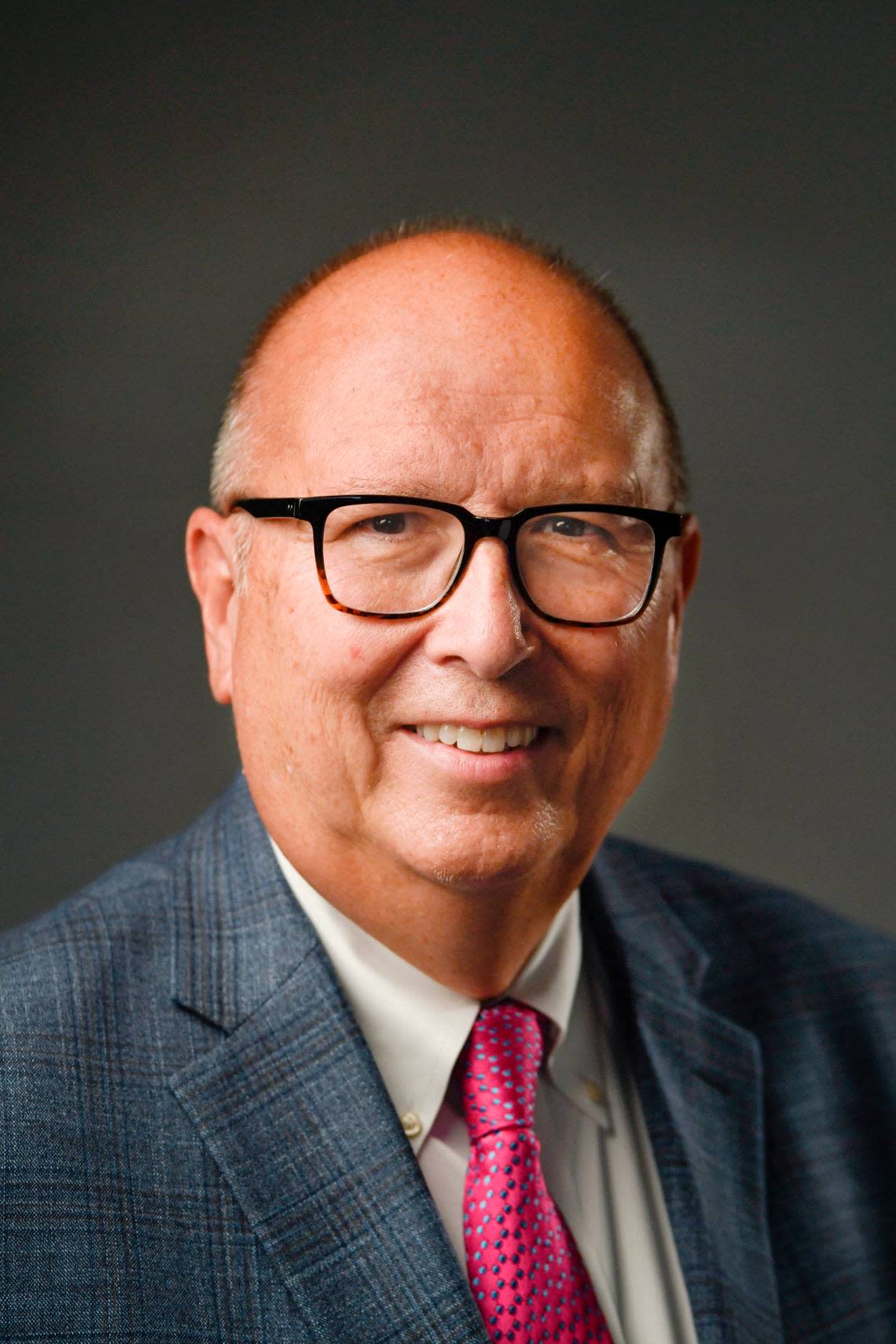Yes, North Carolina politics can be complex and confusing. Here’s how we hope to help.
We had the pleasure of playing host to a group of graduate-level journalism students from the University of Bergen. They were in the Triangle recently as part of a program offered by the Washington, D.C.-based Nordic Press Center.
The University of Bergen is considered among the world’s top research universities. Think at or above our Triangle ACC universities in academic prestige but without any giddiness about basketball.
If this is the Norwegian way — to be unassuming overachievers — we could learn from our new friends.
The Nordic Press Center was founded and is directed by Berit Enge, a former journalist turned diplomat turned international campaign strategist who holds degrees from three countries. The Nordic Press Center’s mission is: “Strengthening foreign policy reporting in the Nordic countries by creating new opportunities for early-career journalists and building stronger ties between journalism educators in the US and the Nordic countries.”
The students spoke softly (in flawless English), didn’t complain about our coffee and seemed curious about this foreign-policy kerfuffle we call the North Carolina elections.
News & Observer Managing Editor Thad Ogburn and I were part of the conversation, but it was smart leadership on our parts to have Politics Reporter Will Doran and Politics Editor Jordan Schrader explain why the state election process is only slightly less complicated than newcomers figuring out the DMV.
Those unexplainable ads
Will, Jordan and Thad did their part as journalism ambassadors. Berit did her part by keeping the students so busy that they haven’t experienced the unexplainable aspect of Carolina politicking — those TV ads.
OMG. Or whatever three-letter acronym — or four-letter word — you prefer to explain those relentless campaign ads that make the Kardashian shows look like a Sunday morning hymnody.
If those TV ads are your sole source of information on the candidates, you:
Fear those hordes upon hordes of new IRS agents, hanging out like zombies in your neighborhood, will seize all of the Halloween decorations because they’re not in the tax code.
Wonder if only bullies and cheats — and lawyers who need to shave — are running for office.
Want to start a nonprofit for good kids in grocery stores who have been told they can’t have muffins for an after-school snack.
There are other ways to be informed about state politics. Insert N&O commercial here. And yes, I approve the message.
We recently announced a massive effort to question every candidate running for a state legislative office and make that information free for the public and other media outlets. A grant from the American Press Institute is helping make this special coverage possible.
Project 170
We’re calling it Project 170 because there are 170 separate elections for 170 seats. More than 50 of those seats are unopposed. But there are more than 300 candidates.
“There’s a lack of information about many races, especially in the areas outside the Triangle and Charlotte. I hope this will help fill those gaps for voters in those areas, whether they find them on our website or through other outlets,” notes Jordan.
As questionnaires come in, we’re posting/publishing to our online Voter Guide, www.newsobserver.com/news/politics-government/election/voter-guide. Our goal is to provide you with key information sourced from the candidates.
If you plan to vote a straight party line, it’s your choice.
If you believe in picking the best candidate, regardless of party, it’s still your choice.
That’s what is working about the election process. You choose.
I hope the smart students from Norway came away from our chat with a better understanding of Carolina politics.
Yes, it’s complex. Yes, it’s confusing. But like the coffee, it gets the job done.
Bill Church is executive editor of The News & Observer. He is on the search for a University of Bergen T-shirt.







